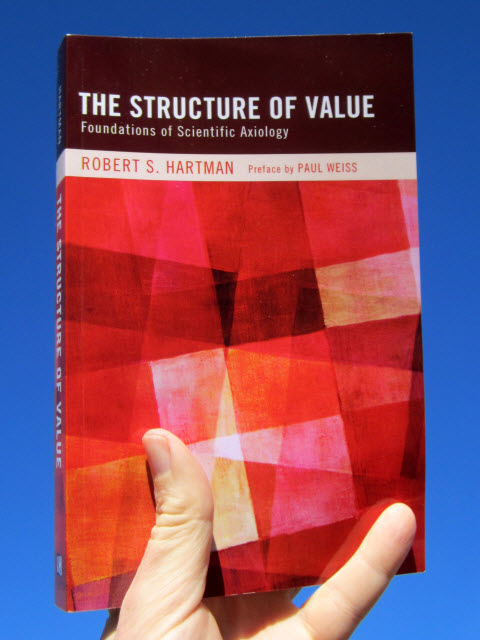This is a post in my series on organizing ”between and beyond.” Other posts are here. This is a retrospective of what has happened during the week. The purpose is to reflect on the work itself. Here is my previous retrospective. Here is my next retrospective.
What has happened? What needs to be done?
This week, I’ve read Robert Hartman’s The Structure of Value. Here is my book review.

I found it interesting to see how Hartman constructs the foundations for his value science. As a consequence, the book also raises many basic questions for me related to science, knowledge, value, and even life-itself.
Hartman points out the versatility of mathematics, which is both general and precise. My question, though, is whether the precision in mathematics also limits the contexts which it can address? What if mathematics, with its precision, puts requirements on the contexts which it can handle with great generality? This probably doesn’t have any consequences for Hartman’s foundations of axiology, but it can possibly have consequences for, say, a science of life-itself?
Hartman says over and over that the concepts of philosophy are analytic, while those of science are synthetic. Analytic concepts are vague and general abstractions that arise from arguing about a subject. While synthetic concepts are precise and exact constructions (syn-thesis = con-struct) that arise within the body of a system. The key assumption is that axiomatic synthesis gives rise to a system which mirrors the total variety of the corresponding actuality. Within what limits is this assumption valid?
Hartman writes that it’s a true art to find a correspondence between reality and a formal system. Interestingly, the axiom itself is captured only through another and very distinct form of knowledge – direct and immediate intuition. This means that you ultimately have to build your science on intuition. Intuition is, in other words, a deeper generative order. If your intuition is misinformed, well, then your entire synthetic construction will become misconstrued.
Personally, I think that neither synthetic nor analytic thinking can penetrate the essence of life-itself. Life-itself is neither a construction nor an abstraction. Life-itself is, on the contrary, direct and immediate. I believe, therefore, that the essence of life-itself only can be penetrated by direct and immediate intuition.
I also believe, contrary to Hartman, that the more precisely, that is synthetic-ally, you want to think, the more limited your context, or corresponding reality, will have to be. And, vice versa, the larger the context, the more difficult it will be to keep the thinking precise. Human synthetic thought is limited. It’s both related to a limited human capacity to thing precisely, and to limitations inherent in synthetic thinking itself. Precise thinking is like a laser beam. It has both focus and intensity, but a too high intensity also kills. At least, this is my thinking right now.
The book itself is an excellent example of axiomatic synthesis. I notice that Hartman relies on extensional logic, in this case combinatory mathematics, to construct his intensional logic. This gives the impression that Hartman’s intensional logic basically is a subset of extensional logic. In other words, Hartman’s distinction between between extensional and intensional logic becomes somewhat arbitrary, or analytic. However, I may display my total ignorance here?
Nevertheless, Hartman’s book is a remarkable achievement and his insights are profound! Hartman calls, for example, disvalue posing as value a perversion of value. A common example is when the horrors of war are disguised as virtues. Another insidious example is learning children to value not valuing themselves.
What was good? What can be improved?
I’m surprised and pleased that I was able to finalize my review of Hartman’s The Structure of Value in just a week. Now, I need to take a break! I won’t touch a book in a few days.
Related posts:
Organizing in between and beyond posts
Leave a Reply
You must be logged in to post a comment.